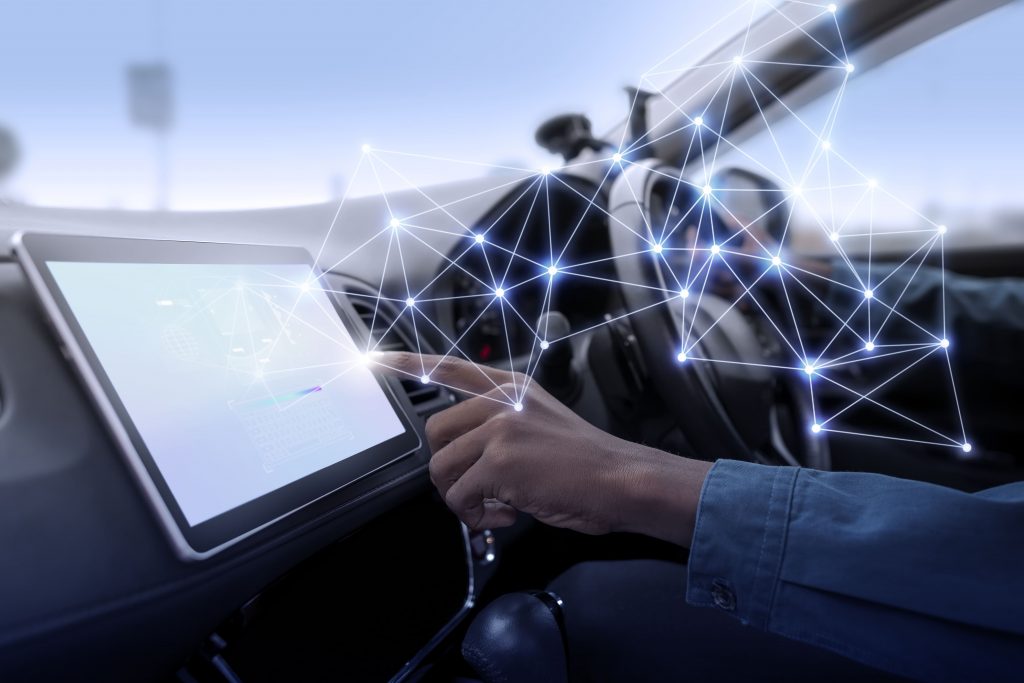In the era of connectivity and digitalization, cybersecurity has become a critical aspect for both vehicle security and industrial production in the automotive sector. With the increasing interconnection of systems and the growth of automation, solid cyber protection measures are required to safeguard both vehicles themselves and production processes.
Regarding cybersecurity in the automotive industry, more and more cases are emerging regarding the impact of cybersecurity incidents. Operations affected by incidents on their own systems or infrastructure, as well as critical suppliers, end up affecting the entire company.
The automotive industry has largely embraced digitization and automation to improve efficiency and productivity in manufacturing processes. However, this has also expanded the landscape of cyber risks in industrial production. Control and monitoring systems, industrial robots, and device interconnections can be vulnerable to attacks that could have a significant impact on product quality, production continuity, and intellectual property.
It is essential to implement robust security measures to protect industrial infrastructure. This includes network segmentation, user authentication, system monitoring, data encryption, and applying security patches and updates to systems. Additionally, user and employee training and awareness regarding cybersecurity best practices are also essential for maintaining safe production.
Cybersecurity in automotive production requires close collaboration between manufacturers, suppliers, and other involved parties. It is essential to establish common security standards and share information on threats and best practices. Collaboration can also assist in the development of technologies for rapid incident detection and response, as well as the implementation of security training programs for employees.
When discussing cybersecurity in relation to vehicles, we must consider the cyber threats they are exposed to. Modern transports are equipped with a wide range of electronic and communication systems, making them vulnerable to cyberattacks. Hackers may attempt to exploit vulnerabilities in the vehicle’s software and systems to access and control critical functions such as engine control, brakes, or steering. This poses significant risks to the safety of car occupants and may even affect overall road infrastructure.
Automotive manufacturers are implementing a series of cybersecurity measures in vehicles to mitigate risks. These measures include authentication and authorization systems, data encryption, intrusion detection, and firewall solutions to prevent unauthorized access. Additionally, regular software updates are crucial to fixing known vulnerabilities and improving the vehicle’s resistance to attacks.
Similarly to enterprise management systems, penetration tests (pentests, ethical hacking) are used to assess the security of automotive systems. These tests help identify and address vulnerabilities before they are exploited by malicious actors. Additionally, security assessments conducted by cybersecurity experts also play a crucial role in identifying and mitigating risks in vehicle design and development.
In conclusion, cybersecurity is a critical challenge that the automotive industry must address both at the vehicle level and in industrial production. Protecting future vehicles and ensuring production continuity requires a combination of technical measures, rigorous testing, security standards, and close collaboration among industry stakeholders. Only through these joint efforts can a safer and more resilient automotive environment be achieved in the face of constantly evolving cyber threats.
Aligned with the highest security standards, for over 16 years, INSSIDE Cybersecurity has been providing users with guidance and support. For more information, click here.

